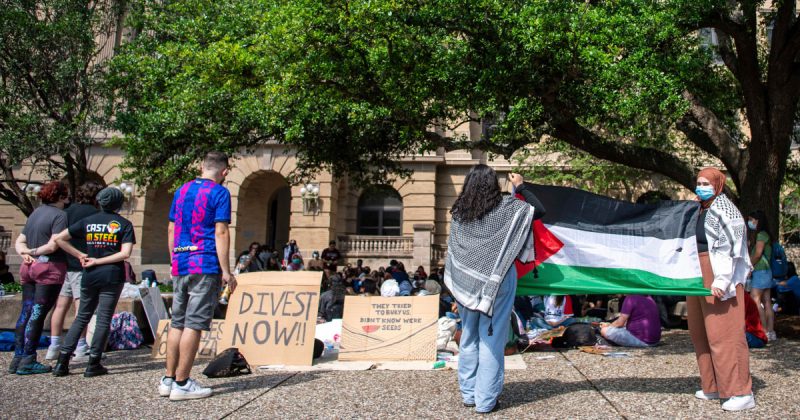
The Trump administration’s controversial revocation of student visas has expanded beyond the Northeast, reaching universities in Southern states. Dozens of international students, many vocal in their opposition to Israel’s actions in Gaza, have had their visas revoked, raising serious concerns about academic freedom and due process.
Texas A&M University reported the loss of 23 student visas, while Florida International University saw 18 revocations. Other affected institutions include New Mexico State (9), the University of North Carolina (6), Middle Tennessee State (6), and Rice University (3). The University of Texas at Austin confirmed multiple revocations, indicating a widespread pattern.
This escalation follows the high-profile arrest and subsequent deportation order for Mahmoud Khalil, a former Columbia University student who participated in protests against the Israeli-Hamas conflict. Secretary of State Marco Rubio estimated that a total of 300 students have had their visas revoked under this policy.
The Trump administration justifies these actions by citing an obscure provision of the Immigration and Nationality Act of 1952, arguing that Khalil’s activism aligned with Hamas, a designated terrorist organization. However, Khalil’s lawyers maintain there is no evidence of his support for terrorist groups, and the case has become a symbol of the debate surrounding free speech and immigration policy.
The administration’s actions have sparked widespread protests and criticism, with many arguing that the revocations constitute an attempt to silence dissent. The impact on students and universities is significant, disrupting academic lives and raising questions about the fairness and transparency of the process. The targeting of students based on their political activism has raised concerns about the chilling effect on free speech on college campuses nationwide.
Universities themselves often only discover the revocation through the federal Student and Exchange Visitor Information System (SEVIS), leaving them with little recourse to support affected students. The case highlights a complex interplay of immigration law, national security concerns, and the fundamental right to free expression.









